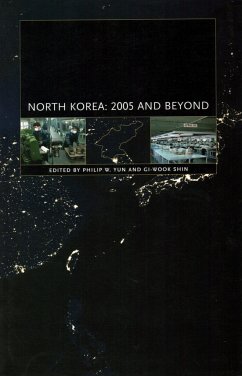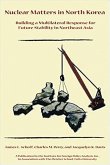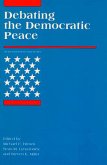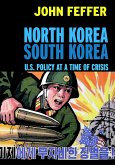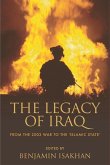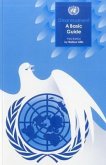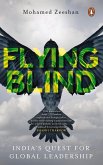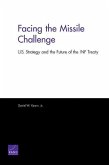2005 will be remembered as a year with crucial implications for the Korean peninsula and beyond. It may go down in history as the year the United States was able to establish a foundation to resolve, peacefully and once and for all, the intractable problem of North Korea's nuclear weapons activity. It could also be the year that North Korea committed itself to becoming a nuclear weapons state without compromise. Understanding that 2005 had the potential to be a watershed, the contributors to this timely volume-which grew out of a major conference at the Walter H. Shorenstein Asia- Pacific Research Center at Stanford University-present a snapshot of what is happening in North Korea, consider how Americans and South Koreans view current developments, and offer policy suggestions about what can and should be done going forward, long after 2005 draws to a close. Contributors include Robert Carlin (Korean Peninsula Energy Development Organization), Haksoon Paik (Sejong Institute, Korea), William B. Brown (U.S. Civil Service, ret., and George Mason University), Dong Yong Sueng (Samsung Economic Research Institute), David Hawk (U.S. Committee for Human Rights in North Korea), Kim Ki-Sik (People's Solidarity for Participatory Democracy), Scott Snyder (Asia Foundation/Pacific Forum CSIS),Taik-young Hamm (Kyungnam University), and Henry S. Rowen (Shorenstein APARC).

